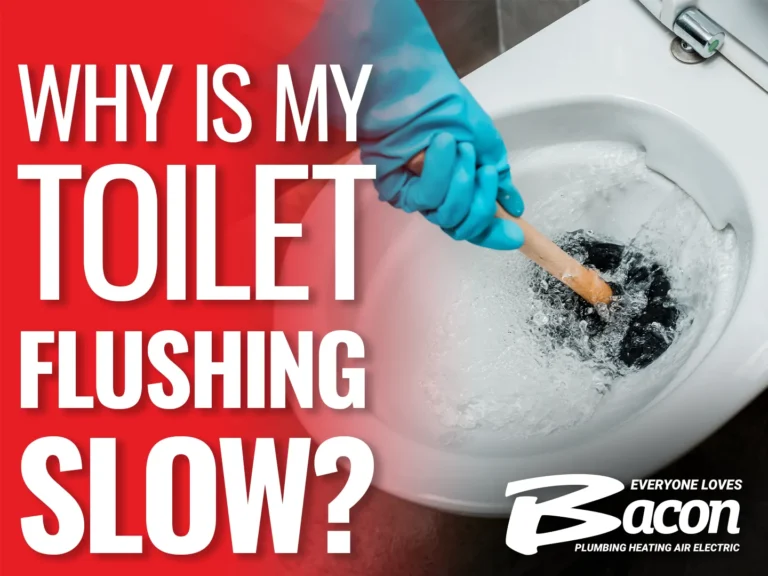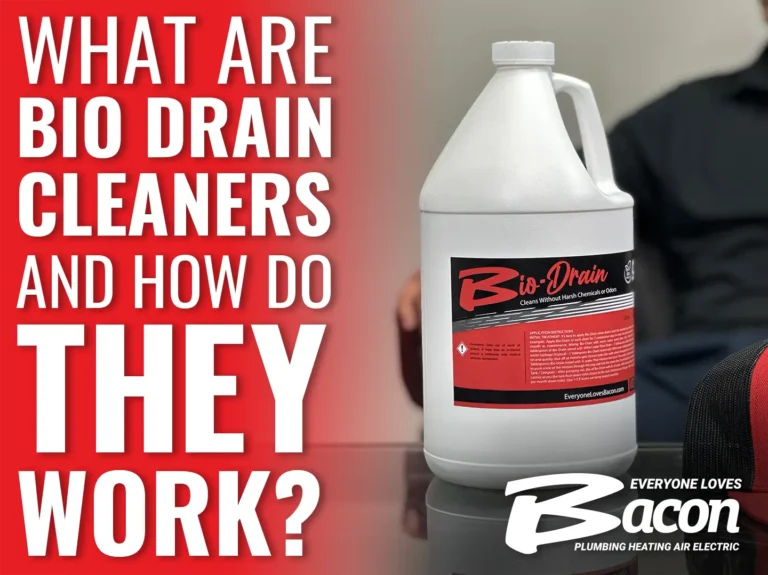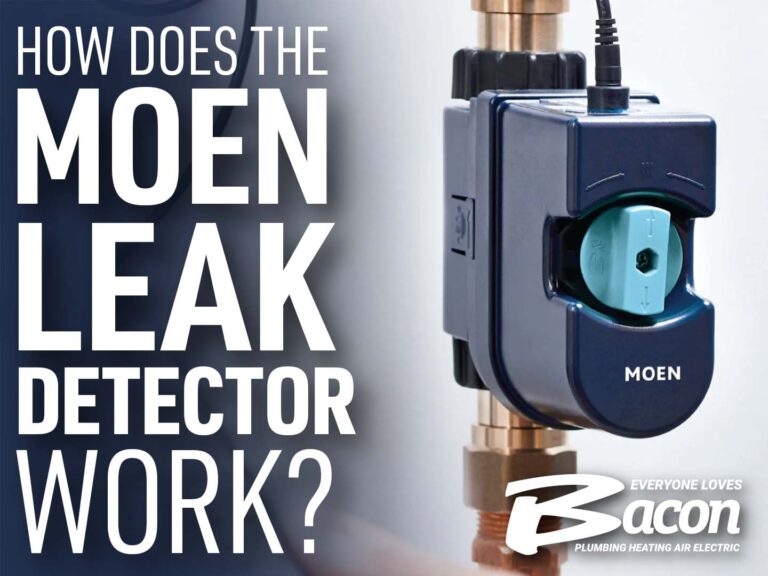Does your home’s tap water have a funny smell or taste? If so, you might benefit from a water filtration system. You can install one that serves your whole home or just a single tap. To solve your problem, though, you must choose the right kind of water filter. Here are some tips that will help you do that.
Begin With a Water Quality Test
A water quality test is the first step before picking a water filtration system. Laboratory testing will inform you about any contaminants, minerals, or other substances in your water. We can help you by providing a water quality analysis. We’ll find out exactly what substances your water contains. That can let us know what’s causing the unusual smells or tastes you’ve noticed. It will also allow us to gauge your water’s hardness. It may even uncover harmful pollutants you didn’t know your water contained. Whatever the results, we’ll provide you with a customized water filtration system recommendation afterward.
Decide on Filtration Scope
Next, you need to decide whether to use a point-of-entry water filter or a point-of-use one. You will need a point-of-entry solution if one of your problems is excessively hard water. Hard water can lead to premature wear and tear on your plumbing, fixtures, and appliances. The only way to prevent that is to remove mineral content from your water at the source. However, other issues, like chemical contamination, sediment, and microbes, won’t harm your plumbing. So, you can deal with those using point-of-use solutions if you wish.
Mixing and matching solutions to suit your home’s needs is possible. For example, you can pair a whole-house water softener with an under-sink filtration system. That would protect your plumbing and give you a tap with clean, safe drinking water. Doing this can save you money on the systems and their installation costs. Plus, point-of-use systems can make advanced solutions like reverse osmosis filtration affordable. At a whole-home scale, such systems can be prohibitively expensive.
There are also point-of-use water filters that attach to your kitchen faucet or sit on a countertop. Those may be a helpful option if you lack under-sink space. Faucet-attached models allow you to turn filtration on and off depending on your needs. However, they often require frequent replacement of small, expensive filter cartridges. Countertop filters make a suitable direct replacement for under-sink models. They provide clean drinking water on demand and feature the same filtration technologies as under-sink filters.
The Major Filtration Options
You can choose a filter once you know what water quality problems you’re dealing with. To do that, you need to familiarize yourself with the filtration technologies on the market. Here are the major types you can choose from.
Sediment Filters
Sediment filters are among the most basic types of filters available. They remove particulate matter from your water. Some more complex filtration systems may include a sediment filter as a first stage. They can remove dirt, clay, rust, dust, silt, and sand. Sediment filters typically come in three varieties. They come as cartridges, spun or spin-down filters. Cartridge and spun filters have a limited service life and require periodic replacement. Replacing them is usually as easy as turning off a valve, unscrewing a housing, and installing a new filter. Spin-down filters flush out particulate matter using a valve. They don’t need replacement. Therefore, spin-down filters are a popular filtration method for well water systems.
Activated Carbon Filters
Activated carbon filtration uses materials like wood pulp, coconut, and charcoal to absorb chemicals in your water. They’re made by heating the materials in a vacuum. That opens up a latticework of pores on their surface area. As a result, an activated carbon filter can boast hundreds of square meters of surface area in a gram-sized sample. With all those tiny holes, activated carbon filters readily capture various substances from water. They filter out most of the things that sediment filters do, plus many harmful chemicals. So, an activated carbon filter is appropriate if your water contains pesticides, chlorine, chloramine, or heavy metals.
UV Filtration Systems
UV filtration is a relatively new option for residential water supplies. It’s not a filtration method, strictly speaking. It’s a sanitization method. Passing water through specific wavelengths of UV light kills bacteria, viruses, and cysts. It’s an excellent way to ensure the safety of your water supply. It won’t improve your water’s taste or smell, however. You may want to add UV filtration as a secondary stage after your water goes through another filter type.
Reverse Osmosis Filtration
If you’re looking for the ultimate in water filtration, it’s hard to go wrong with a reverse osmosis system. It forces your water through a semipermeable membrane at high pressure. The membrane has microscopic openings just large enough for water molecules. That ensures that harmful contaminants stay on one side of the membrane and only water makes it to the other. Many reverse osmosis systems also use combinations of different filter types as prefilters.
Unfortunately, the nature of the reverse osmosis process makes achieving high flow rates difficult. As a result, most systems include a water storage tank. That ensures you’ll have filtered water ready when you need it. It also makes whole-home reverse osmosis systems quite expensive. Plus, reverse osmosis filters waste some water due to their filtration method. So, a whole-house model could make your water bills skyrocket.
Water Softener Systems
While a water softener isn’t a filtration system, it is a helpful component of many residential water treatment systems. It’s even more commonplace than most types of water filters. Hard water contains large quantities of dissolved minerals like calcium and magnesium. Those substances cause a variety of problems when you use your water. For example, they make it harder for soaps to rinse. That can affect your hair, skin, clothing, glassware, and dishes. After washing them, it may even leave cloudy spots on glasses, pots, and pans. Hard water also leaves scale buildup inside your pipes, on your fixtures, and in your sinks.
Water softeners remove calcium and magnesium through an ion exchange process. To do this, they contain resin beads and salt. The negatively charged beads attract sodium ions from the salt. Since calcium and magnesium ions in your water have a positive charge, the beads can pull them from the water. The result is softer water containing harmless sodium ions instead of undesirable minerals.
Local Residential Water Quality Experts
If you need a water softener or a filtration system for your Rockwall, TX, home, Bacon Plumbing Heating Air Electric can help. We sell and install the latest water quality solutions. Our plumbers can help customize a system for your home’s unique water quality needs. We’ve been the plumber that area residents have trusted since 2011. We’re also a family-owned and operated company. Our goal is to deliver five-star service to every one of our customers, and our plentiful five-star customer reviews demonstrate that. We also offer complete HVAC, plumbing, electric, and indoor air quality services. We’re a one-stop shop for all of your home’s infrastructure needs. We even provide financing on approved credit to help you cover the expenses of more significant home improvement projects.
If you need a water filtration solution in Rockwall, TX, call our plumbing services team at Bacon Plumbing Heating Air Electric today!



